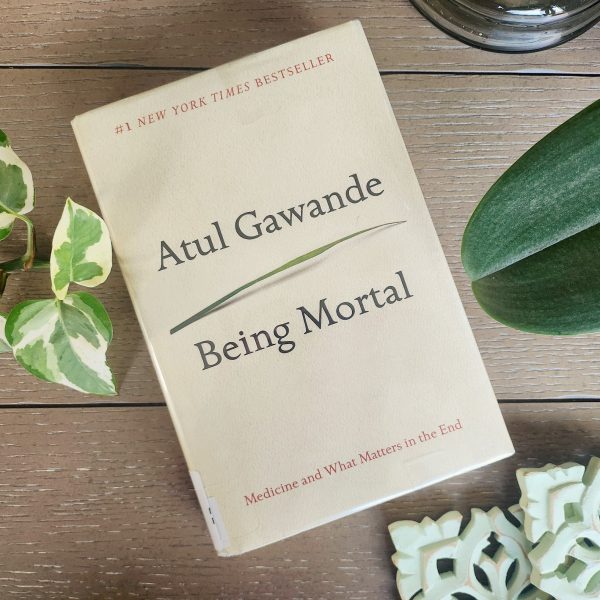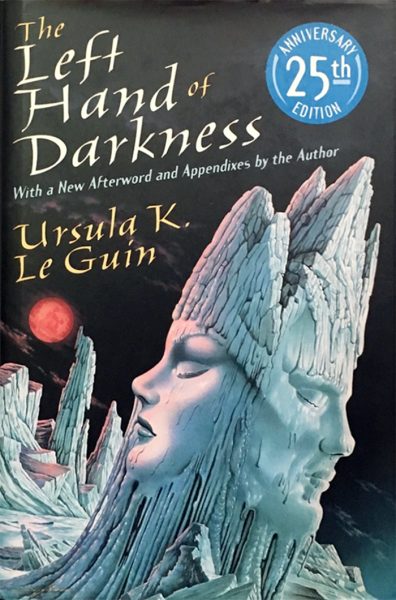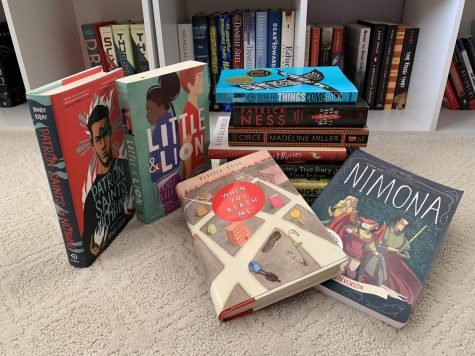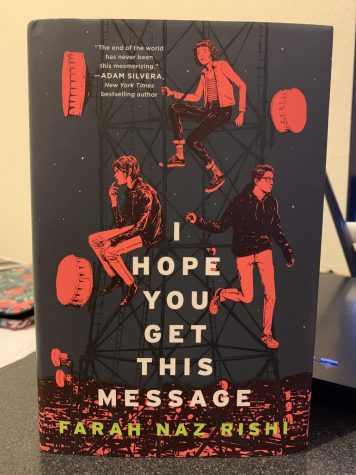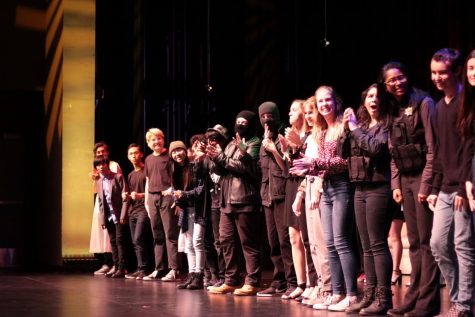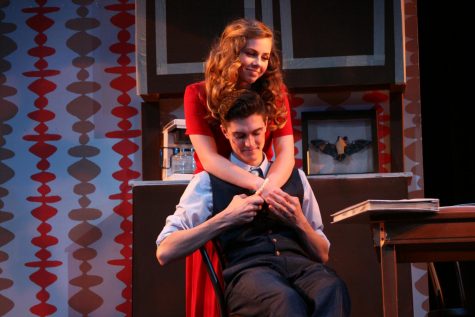Spielberg’s The BFG Misses the Mark, Big-Time
Despite receiving generally favorable reviews from critics and a 71% score from Rotten Tomatoes, celebrated director Steven Spielberg’s $140 million-dollar production The BFG flopped at the box office, earning a meager $23.6 million during its opening weekend.
Spielberg’s The BFG was released on July 1, 2016; he teamed up with Disney for the first time to bring Roald Dahl’s 1982 children’s classic to life. The screenplay was written by Spielberg and the late Melissa Mathison, the screenwriter for E.T. The film stars Oscar-winning actor Mark Rylance as the titular character, with newcomer Ruby Barnhill as Sophie.
Ten-year-old Sophie is understandably frightened when she is plucked away from her London orphanage’s dormitory to Giant Country in the darkness of night, during the “witching hour”. But when she discovers that her twenty-four foot tall captor is in fact benevolent, Sophie dubs him the “BFG”, or “Big Friendly Giant”. She gradually learns that he is a dream-catcher, who captures pleasant dreams in glass jars and gives them to children.
However, Sophie’s presence in Giant Country does not go undetected; her scent attracts the vicious Fleshlumpeater and eight other giants, who, unlike the BFG, eat small children. Together, Sophie and the BFG formulate a plan to travel to London and inform the Queen of the evil giants before any more children are eaten.
The BFG is undeniably filled with dazzling imagery and heartwarming humor. Barnhill, as Sophie, gives a lovable and endearing performance. Rylance wonderfully brings the beloved character of the BFG to life, through his emotive facial expressions and state-of-the-art motion capture technology.
The audience is presented with several meaningful interactions between the two unlikely friends. Spielberg’s longtime collaborator John Williams provides a musical score as wonderfully riveting as the film itself.
However, Spielberg and Mathison have significantly toned down the macabre darkness characteristic of Dahl’s works, in favor of focusing more on the friendship between Sophie and the BFG. As Marissa Martinelli of Slate points out: “Dahl’s wicked humor is tremendously difficult to translate to film, an issue Spielberg avoids entirely.”
Though Spielberg’s adaptation diverged from the original storyline in many instances, the deviation from the book’s classic ending was by far the most disappointing. Despite the outstanding performances by Rylance and Barnhill, The BFG falls a bit short of expectations by keeping it too nice. It never quite rises to its full potential, and fails to capture the impish charm of Roald Dahl’s book.
Your donation will support the student journalists of Dublin High School. Your contribution will allow us to purchase equipment and cover our annual website hosting costs.

Neha Harpanhalli is a junior at Dublin High School and the Senior Student Life Editor for the Dublin Shield. She is extremely passionate about reading...









![[Book Review] Weapons of Math Destruction: The insidious danger of Big Data](https://thedublinshield.com/wp-content/uploads/2024/06/wmdsarticle-727x1200.jpg)















